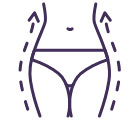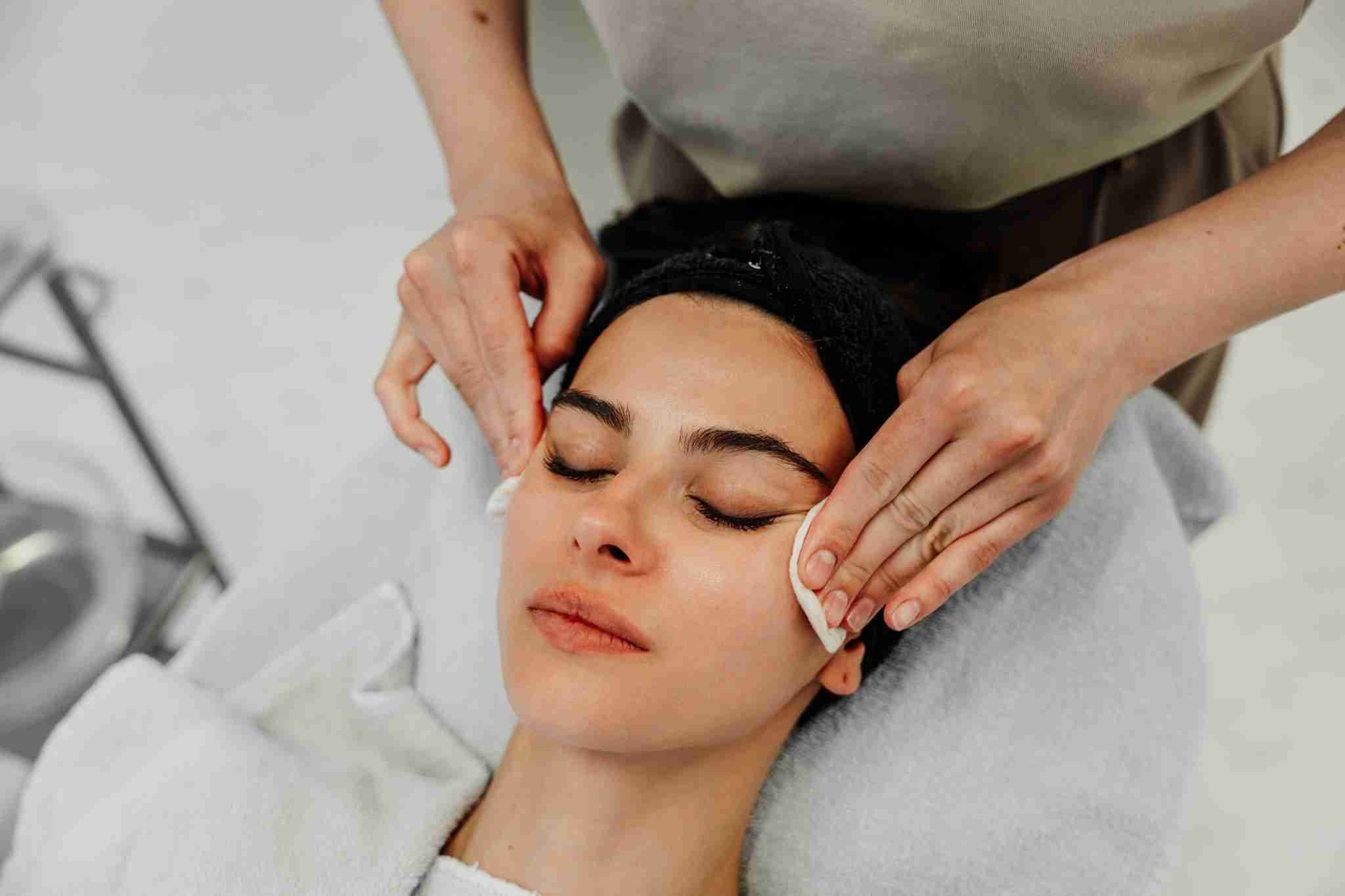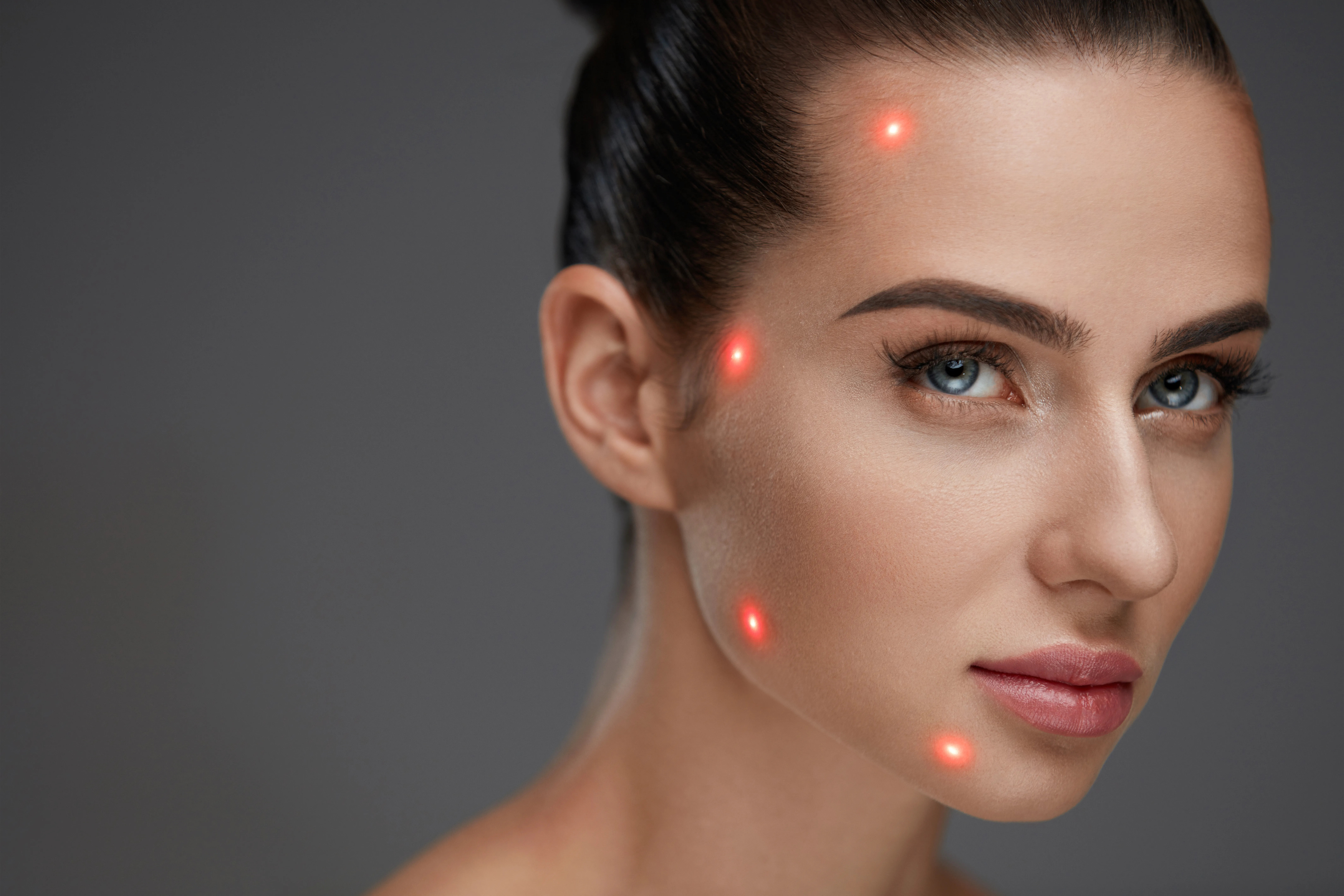The beauty world is thriving. With everyone wanting to look and feel their best, there’s never been a better time to consider a career in this exciting field. But what is a beauty therapist, esthetician, and cosmetologist? These professions offer various paths to help people enhance their appearance and boost their confidence.
In fact, the beauty industry’s rapid growth shows no sign of slowing, with Australia’s market expected to climb another 4.19% by 2028. For those looking to jump into a rewarding career, there are plenty of opportunities to explore.
Among the top choices? Beauty therapists, cosmetologists, and estheticians. These roles play a crucial part in helping clients look and feel their best. But what does each one do? Let’s take a closer look at these popular professions and the paths that can lead you into them.
What is a Beauty Therapist?
A beauty therapist is a trained professional who offers a variety of non-medical treatments designed to improve the appearance and overall well-being of clients.
They specialise in services such as facials, waxing, body treatments, and makeup application, and are knowledgeable about the best products and techniques to use for different skin types and concerns.
Key Services Provided by Beauty Therapists
Beauty therapists are skilled in performing a range of treatments, including:
- Facials: Cleansing, exfoliating, and rejuvenating the skin to enhance its natural glow.
- Waxing: Removing unwanted hair from different areas of the body.
- Manicures and Pedicures: Caring for the hands, feet, and nails, making them look neat and polished.
- Makeup Application: Using makeup to highlight a client’s features and create a desired look.
Beauty therapy goes beyond just the physical treatment; these professionals also offer advice on maintaining healthy skin at home, choosing the right skincare products, and following good beauty practices. This personal touch is a key reason why beauty therapy is such a rewarding career choice.
The Growing Demand for Beauty Therapists
The demand for beauty therapists is on the rise. In Australia alone, the beauty therapy industry is projected to grow a lot by 2028. This growth is due to various factors, including an increased focus on self-care and the popularity of skincare and beauty treatments on social media.
Working as a beauty therapist offers flexibility, as these professionals can be found in a range of settings, such as:
- Salons and spas
- Wellness centres
- Nail bars
- Offering mobile services in clients’ homes
Whether you’re looking for a new career path or want to expand your current skill set, becoming a beauty therapist could be a fulfilling and profitable choice.
Why Choose a Career as a Beauty Therapist?
A career in beauty therapy can be rewarding for several reasons:
- Variety in Workplaces: Beauty therapists can work in salons, spas, wellness centres, and even in clients’ homes. This variety allows them to choose a work environment that suits their personal preferences and lifestyle.
- Flexible Hours: Many beauty therapists work flexible hours, which is great for those who want to balance work with other commitments. Some may even offer mobile services, travelling to clients’ homes for treatments.
- Job Satisfaction: Beauty therapy can be a very satisfying job. Many clients leave their appointments feeling happy and grateful, which can make the therapist feel like they’ve truly made a difference in someone’s day.
Cosmetology: A Diverse Role in Beauty
Cosmetology is a broad field that involves a range of beauty treatments. Cosmetologists work with hair, skin, and nails, helping clients achieve a look they feel happy with. A cosmetologist might be seen as a combination of a beauty therapist and an esthetician, with skills that cover everything from hair colouring and cutting to facials and nail art.
Cosmetologists often pursue advanced training, such as a Diploma of Beauty Therapy. This training gives them the skills needed to perform a wide range of treatments and work in different settings, such as salons, spas, and retail stores. Discover more about what is a beauty therapist.
Some cosmetologists may also choose to run their own businesses, offering personalised services to clients.
What Services Do Cosmetologists Offer?
The services provided by cosmetologists can include:
- Hair Services: Cutting, colouring, and styling hair to suit the client’s preferences.
- Skincare Treatments: Providing facials, masks, and peels that improve the skin’s condition.
- Nail Care: Offering manicures, pedicures, and nail art for clients looking to keep their nails looking neat and stylish.
- Makeup Artistry: Applying makeup for different occasions and offering tips for clients on how to apply their own makeup at home.
Cosmetologists often build lasting relationships with their clients, who return to them regularly for services. They have the chance to work with people of all ages and backgrounds, which makes the job dynamic and interesting.
Why Choose Cosmetology as a Career?
Cosmetology can be a great career choice if you enjoy working with people and have a real interest in beauty. Here are some reasons why many people choose this field:
- A Creative Job: Cosmetology lets you use your creativity every day. Whether you’re crafting a new hairstyle, designing unique nail art, or experimenting with makeup looks, you can express yourself and help clients feel their best.
- Variety in Your Work: As a cosmetologist, you’re trained in many beauty treatments, so you can work in different areas, like hair, skincare, or makeup. This variety keeps the job interesting and allows you to explore different parts of the beauty world.
- Flexible Career Options: Cosmetologists can work in salons, spas, or even set up their own businesses. Many start in salons, then move on to freelance or mobile services once they have regular clients. This flexibility lets you set your hours and work on your terms.
- Building Relationships: As a cosmetologist, you’ll meet people from all walks of life. You’ll build lasting relationships with clients who trust you with their beauty needs. Helping someone feel good about themselves can be very rewarding, and many cosmetologists enjoy this aspect of the job.
- Learning New Skills: The beauty industry changes all the time, with new styles, products, and techniques coming out regularly. As a cosmetologist, you’ll have chances to keep learning and growing. Whether it’s picking up the latest skincare techniques or trying a new way to cut hair, there’s always something new to learn.
Esthetics: The Focus on Skin
An esthetician is a skincare specialist who provides non-medical treatments to improve the skin. Estheticians work closely with clients to find the best treatments for their skin type, helping them achieve a healthy glow.
They may offer advice on products and at-home routines, as well as perform a variety of skincare treatments.
What Treatments Do Estheticians Provide?
Estheticians provide treatments that are all about skincare, such as:
- Chemical Peels: Chemical peels involve applying a solution to the skin that removes dead skin cells, improving the skin’s texture and appearance. This treatment can be effective for reducing fine lines and evening out skin tone.
- Microdermabrasion: Microdermabrasion gently removes the top layer of skin, leaving the face feeling smooth and fresh. It can be a good option for people looking to improve the appearance of scars or sun damage.
- LED Light Therapy: LED light therapy uses different types of light to target skin issues, like acne and fine lines. The treatment is relaxing and can be done in combination with other facial treatments.
Estheticians often work in spas and skincare clinics, where they create personalised treatment plans for their clients. They may also work alongside dermatologists, offering treatments that complement medical skincare solutions.
Why Choose Esthetics as a Career?
Esthetics can be a great choice if you’re interested in helping people with their skin and want a career where you can make a real difference. Here are some reasons why people choose to become estheticians:
- Specialise in Skincare: If you have a passion for skincare, esthetics allows you to focus entirely on helping people improve their skin. You’ll learn about different skin types, conditions, and treatments, so you can recommend the best options for each client.
- Personalised Treatments: As an esthetician, you’ll work one-on-one with clients to find the right skincare solutions for them. This personal connection can be very rewarding, as you see the positive changes in their skin and how happy it makes them feel.
- Flexible Work Settings: Estheticians can work in a variety of places, such as spas, skincare clinics, or even start their own skincare businesses. This flexibility gives you the freedom to choose a work environment that suits you best.
- Continuous Learning: The field of skincare is always evolving, with new products and treatments being developed. As an esthetician, you’ll have the chance to keep learning and stay up to date on the latest skincare methods, so you can offer the best options to your clients.
- Helping People Feel Confident: One of the most satisfying parts of being an esthetician is helping people feel more comfortable and confident in their own skin. Whether you’re treating acne, reducing signs of ageing, or simply helping someone look after their skin, you’ll know you’re making a difference in their lives.
How to Become a Beauty Therapist, Cosmetologist, or Esthetician
If you’re interested in a career in the beauty industry, there are a few steps you’ll need to take:
- Beauty Therapy: Most beauty therapists complete a Certificate III or IV in Beauty Therapy. This training covers a range of services, including waxing, facials, and body treatments.
- Cosmetology: To become a cosmetologist, you might need a Diploma of Beauty Therapy. Additional training in areas like hair styling and nail technology can be helpful for those wanting to offer a variety of services.
- Esthetics: Those interested in skincare should consider a Certificate IV in Beauty Therapy with a focus on skincare. Further courses in chemical peels, microdermabrasion, and LED light therapy can expand an esthetician’s skill set.
These qualifications provide the necessary knowledge and skills to work in the beauty industry, whether you choose to focus on beauty therapy, cosmetology, or esthetics.
Trends Shaping the Future of Beauty and Skincare
The beauty and skincare industries are constantly evolving, with new trends and technologies shaping the way treatments are offered:
- Natural Beauty Products: There’s an increasing demand for treatments that use natural and organic ingredients. Many clients now prefer skincare products that are free from chemicals and environmentally friendly.
- Advanced Technology: Technology is playing a larger role in beauty and skincare, with devices like LED light therapy machines and microdermabrasion tools becoming more common.
- Customised Skincare: Clients are looking for treatments that are tailored to their specific skin concerns. Beauty therapists and estheticians often create personalised plans to suit individual needs.
Ready to Start Your Skincare Journey?
Curious about adding advanced skincare treatments to your services? Wondering what is a beauty therapist, esthetician, and cosmetologist? Alma Lasers offers innovative skincare solutions to help you bring top-quality treatments to your clients. Contact us today to learn more!


















